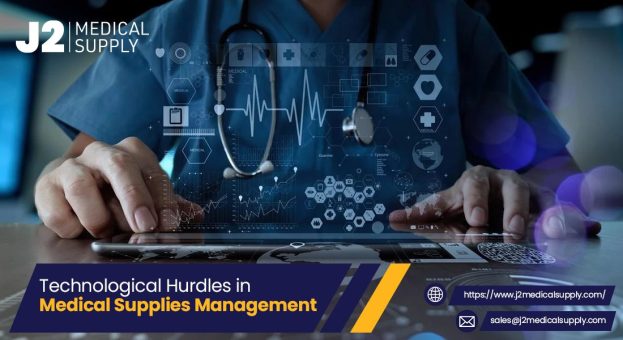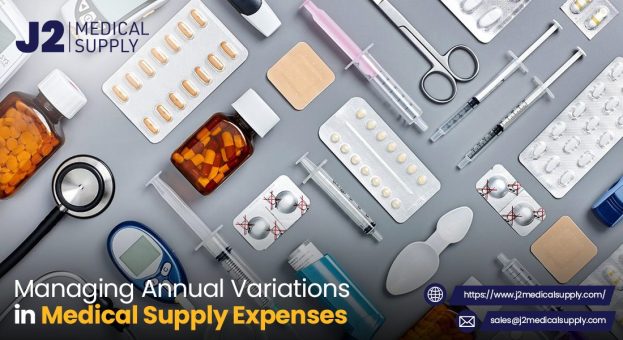In the ever-evolving landscape of healthcare, the efficient management of medical supplies is paramount. Ensuring a seamless flow of medicines and medical supplies is not just a logistical challenge; it directly affects healthcare services, providers, and, most importantly, patient health outcomes. However, the healthcare industry has faced significant technological hurdles in this regard. In this article, we will delve into the impact of these hurdles and explore how technology can be harnessed to overcome them.
The Impact on Healthcare Services and Providers
The shortage of healthcare professionals has been a pressing concern worldwide. This shortage is further exacerbated by inefficient medical supply management. Imagine a scenario where nurses and doctors spend excessive time tracking down essential medical supplies instead of attending to patients. This not only hampers the quality of care but also leads to burnout among healthcare providers. The affected healthcare services and providers urgently need a solution.
The Importance of Medicines and Medical Supplies
Before we delve deeper into the technological aspects, it’s crucial to underline the importance of medicines and medical supplies. They are the lifeblood of the healthcare system. A shortage or mismanagement of these resources can have dire consequences. Patients rely on the timely availability of medications and equipment for their treatment. Any hiccup in this supply chain can affect health outcomes.
Barriers in Medical Supply Management
The hurdles in medical supply management are multifaceted. Outdated inventory tracking methods, lack of real-time visibility, and inadequate demand forecasting contribute to the chaos. Additionally, the lack of interoperability among various healthcare systems and the absence of standardized data-sharing protocols create bottlenecks in the supply chain.
Technology as a Solution
The good news is that technology can offer innovative solutions to these challenges. Leveraging modern technologies such as artificial intelligence (AI), the Internet of Things (IoT), and blockchain can revolutionize medical supply management. These technologies enable real-time tracking, predictive analytics, and secure data sharing among stakeholders.
Examples of Technological Solutions
Let’s explore some real-world examples of how technology is already making a difference. RFID (Radio-Frequency Identification) tags on medical supplies allow for precise tracking, reducing the chances of misplacement. AI-driven algorithms can analyze historical usage data to predict future demand accurately. Blockchain ensures transparency and traceability in the supply chain, which is especially critical for pharmaceuticals.
Enhancing Health Outcomes
Efficient medical supply management directly translates to improved health outcomes. When medical supplies are readily available, treatments are administered on time, reducing the risk of complications. Patients experience smoother transitions through their healthcare journeys, resulting in higher satisfaction rates.
Addressing the Shortage of Healthcare Professionals
One of the most significant advantages of implementing technology in medical supply management is freeing up healthcare professionals to focus on what they do best—caring for patients. Automation of supply chain processes and reducing the time spent on administrative tasks can help alleviate the burden on healthcare providers.
The Future of Medical Supply Management
Looking ahead, the future of medical supply management holds great promise. Advancements in technology will continue to refine processes, making them more efficient and cost-effective. Interconnected systems will become the norm, facilitating seamless communication among healthcare facilities, suppliers, and regulatory bodies.
Conclusion
In conclusion, overcoming technological hurdles in medical supplies management is not just a matter of convenience but a necessity. It impacts the very core of healthcare services, from the availability of medicines and medical supplies to the health outcomes of patients. Embracing technology is the way forward. By doing so, we can streamline supply chains, improve health outcomes, and support our invaluable healthcare providers. As we march into this tech-driven future, let’s prioritize efficiency, innovation, and, ultimately, the well-being of all those who depend on our healthcare system. Visit J2 Medical Supply to explore our innovative medical supply solutions and join us in shaping the future of healthcare.




